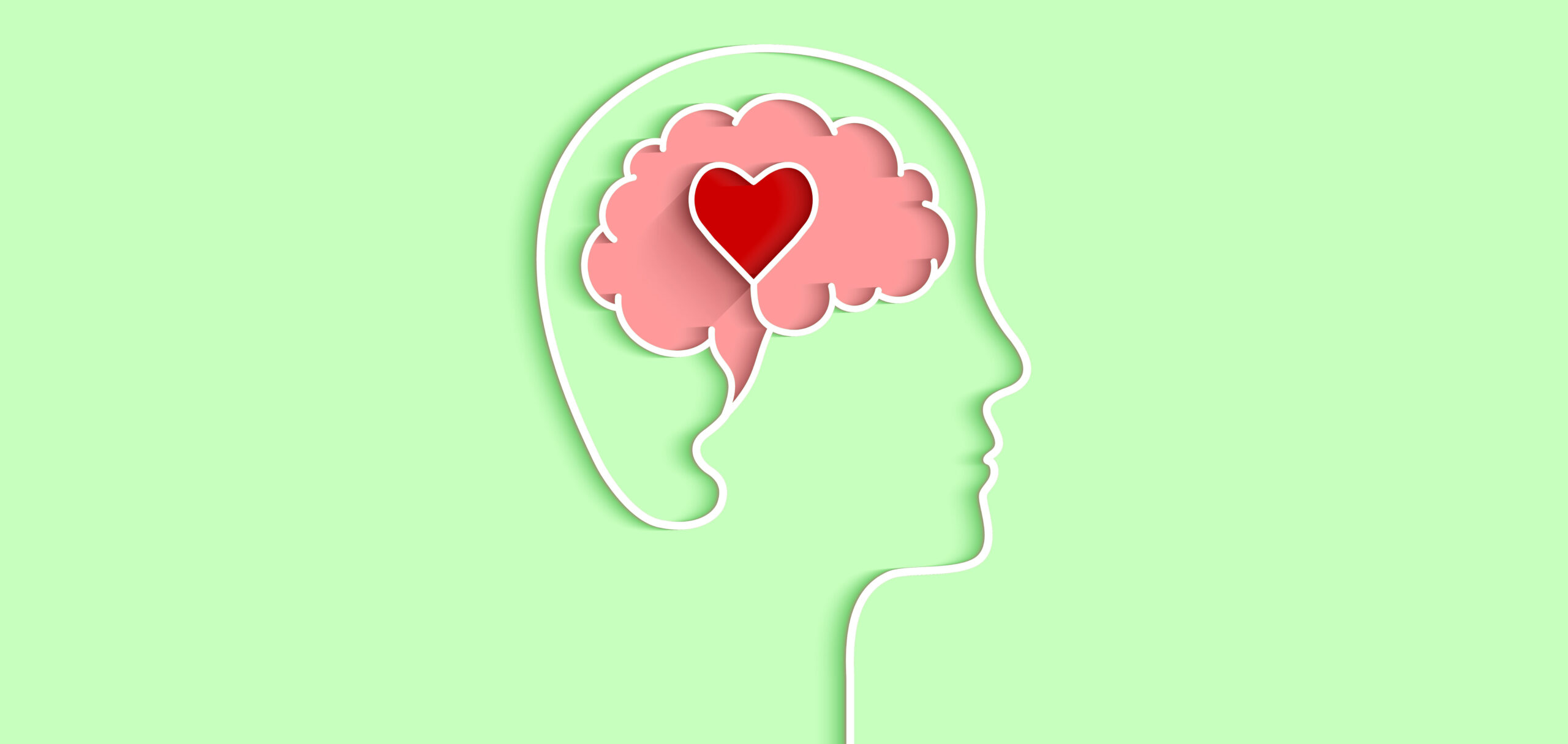Residential Mental Health Services Designed for Complete Care
Residential Mental Health Services Designed for Complete Care
Blog Article
Inpatient Mental Health And Wellness Providers: A Path to Recovery and Stability
Inpatient mental health and wellness services play a critical role in resolving intense emotional crises, offering a very carefully structured atmosphere that promotes healing and security. These services not only encompass detailed assessments and personalized treatment plans but also offer continuous accessibility to therapeutic treatments and medical support. The importance of this approach expands past instant alleviation, recommending a transformative influence on long-lasting psychological wellness. The complexities of the admission process and the value of aftercare raising critical inquiries concerning access and efficiency in the broader context of mental health and wellness treatment. What implications might these aspects have for individuals seeking help?
Understanding Inpatient Mental Health And Wellness Providers
Inpatient mental health solutions are essential for offering extensive and structured care to individuals experiencing extreme psychological distress or mental disease. These solutions commonly involve the admission of patients to specialized facilities where they obtain day-and-night supervision and assistance from a multidisciplinary group of mental wellness experts. The primary goal of inpatient treatment is to support patients, ensuring their safety and dealing with severe signs that may posture a threat to themselves or others.
Inpatient programs frequently consist of a variety of restorative treatments, consisting of specific and group treatment, medicine management, and psychoeducation. The structured atmosphere is created to promote recovery by using a consistent routine, reducing external stress factors, and helping with the development of dealing methods.
When outpatient treatment choices have actually verified not enough or when a person is in crisis,Admission to inpatient solutions is normally considered. Facilities may differ in regards to their specific emphasis, with some concentrating on certain disorders such as substance, anxiety, or anxiety use. Through extensive evaluations and customized treatment plans, inpatient mental health and wellness services intend to offer the necessary assistance for people to reclaim security and get ready for a change to much less intensive levels of care.
Advantages of Inpatient Treatment
The benefits of inpatient care are considerable, specifically for people dealing with severe psychological health challenges. Inpatient treatment provides an organized setting that fosters healing by lowering stressors and distractions linked with every day life. This controlled setup allows individuals to focus only on their mental wellness, assisting in the required time for recovery.
Furthermore, inpatient treatment offers 24/7 accessibility to restorative and clinical support. This consistent availability makes sure that patients can get prompt interest throughout crises, which is vital for those experiencing severe episodes - mental health services. The joint approach among clinical team, including registered nurses, therapists, and psychoanalysts, enhances the high quality of treatment and promotes an extensive therapy strategy customized to individual needs
Furthermore, the common facet of inpatient treatment fosters a sense of belonging and support among individuals. Team treatment sessions and shared experiences can alleviate feelings of isolation, motivating individuals to take part in their recovery actively.
Moreover, inpatient programs commonly supply people with essential coping strategies and skills that can be challenging to develop in outpatient settings. By dealing with underlying problems within a helpful framework, inpatient care can lead to much more stable outcomes and a smoother transition back to everyday life, ultimately leading the course to continual recuperation.
Treatment Techniques and Therapies
Different treatment methods and therapies are employed in inpatient mental health solutions to resolve the one-of-a-kind requirements of each client. These methods are designed to facilitate recuperation and promote emotional security in an organized atmosphere.

Cognitive Behavior Modification (CBT) is a widely used approach, helping individuals in recognizing and altering adverse thought patterns that add to their psychological health and wellness concerns - inpatient mental health services. Dialectical Actions Therapy (DBT) is one more reliable method, specifically for those with borderline character condition, focusing on emotional policy and social performance
Pharmacotherapy plays an important role in therapy, with psychological drugs suggested to handle symptoms of problems such as clinical depression, anxiety, and schizophrenia. Routine tracking and changes make certain the efficiency of these drugs while decreasing negative effects.
Group therapy promotes a sense of neighborhood and assistance amongst individuals, permitting them to share experiences and dealing approaches. In addition, all natural treatments, such as art and songs treatment, advertise self-expression and psychological recovery.
Eventually, click here for more the mix of these diverse therapeutic techniques offers an extensive treatment plan tailored to each patient's details demands, intending to improve their general well-being and help with a successful change back right into daily life.
The Admission Process
Navigating the admission procedure for psychological health and wellness services is a vital very first step go to this web-site toward recuperation. This procedure usually begins with an assessment performed by a psychological health and wellness professional. Throughout this examination, the individual's psychological wellness history, signs and symptoms, and prompt requirements are extensively examined. This comprehensive analysis assists identify the ideal degree of care and guarantees that the individual gets customized therapy.
As soon as the assessment is finished, the following step entails talking about the possible treatment choices. The specific and the treatment group collaboratively decide on the finest strategy, which might consist of inpatient care if the circumstance is regarded severe. This is complied with by the conclusion of required documents, consisting of insurance coverage confirmation and consent types, to make sure that all lawful and financial facets are dealt with.
Furthermore, family involvement may be urged during this stage to give support and gather point of views on the individual's circumstance. Inevitably, the admission procedure aims to create a risk-free and supportive atmosphere for the person, enabling a smooth transition into inpatient care. By comprehending and getting involved in this procedure, people can take an important step toward achieving mental health stability and healing.

Aftercare and Ongoing Support
After completing an inpatient psychological health program, individuals usually face the important task of transitioning to aftercare and continuous assistance, which are essential for sustained recuperation. This stage is essential for strengthening the abilities and dealing mechanisms discovered throughout the inpatient keep, guaranteeing that individuals remain to proceed in their psychological health journey.
Aftercare normally entails a combination of outpatient therapy sessions, support system, and medication administration. Involving in normal treatment allows individuals to address ongoing difficulties and establish approaches to handle stress factors in their every day lives. Assistance teams provide a sense of community and shared experience, fostering connection and understanding among peers facing similar battles.
Additionally, ongoing support might consist of family members participation, where liked ones are informed regarding mental health and wellness problems and encouraged to join the recovery procedure. This holistic approach develops a durable assistance network, pop over here improving the individual's chances of long-term security.
Inevitably, aftercare and ongoing support work as a bridge between inpatient treatment and independent living, encouraging people to browse their mental health and wellness obstacles with strength and self-confidence. Focusing on these resources is vital for fostering a sustainable healing trajectory.
Final Thought

Inpatient mental health solutions play a crucial duty in addressing intense mental dilemmas, offering a meticulously structured environment that cultivates recovery and stability.Inpatient psychological wellness solutions are necessary for offering structured and intensive treatment to people experiencing extreme emotional distress or psychological illness. With extensive evaluations and tailored treatment strategies, inpatient psychological health services intend to give the essential support for people to gain back stability and prepare for a shift to less intensive degrees of treatment.

Report this page